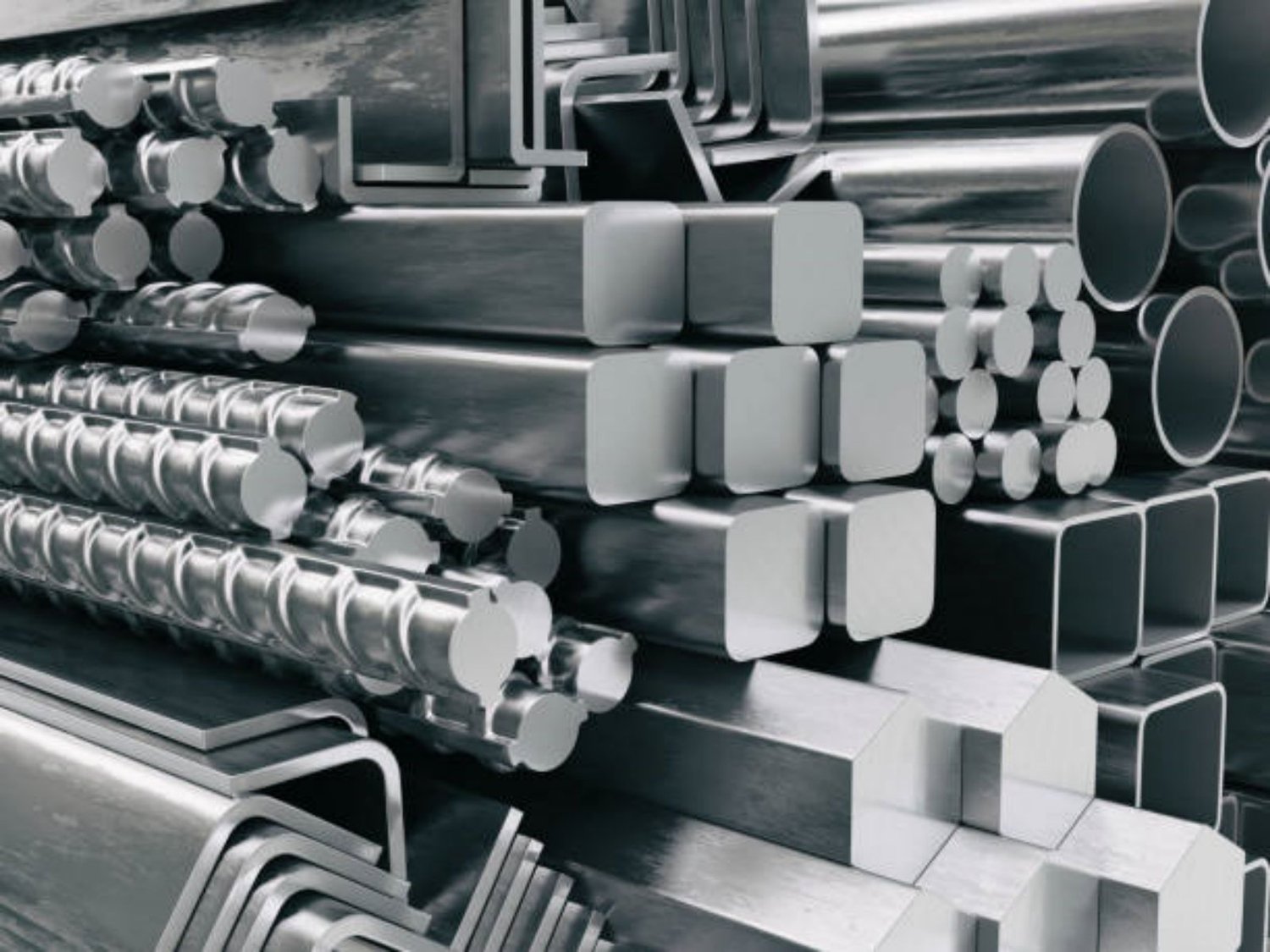Table of Contents

The Advantages of Using Titanium Alloy Products in Aerospace
Introduction:
When it comes to aerospace engineering, the choice of materials is of utmost importance. Titanium alloy products have gained significant popularity in the aerospace industry due to their unique properties and advantages. This article explores the various benefits of using titanium alloy products in aerospace, making them the go-to choice for many engineers and manufacturers.
1. Lightweight and High Strength
Titanium alloy products offer a remarkable combination of lightweight and high strength, making them ideal for aerospace applications. Compared to other metals like steel, titanium alloys have a much lower density while maintaining excellent tensile strength. This advantage allows manufacturers to reduce the weight of aircraft components, resulting in increased fuel efficiency and improved performance.
2. Corrosion Resistance
Titanium alloys possess exceptional corrosion resistance, especially in harsh environments encountered in aerospace operations. This resistance is due to the formation of a thin, protective oxide layer on the surface of the material, which prevents further oxidation and corrosion. By using titanium alloy products, aerospace engineers can ensure longer service life and reduced maintenance costs.
3. High Temperature Resistance
In many aerospace applications, components are exposed to high temperatures due to the extreme conditions encountered during flights. Titanium alloys exhibit excellent heat resistance, allowing them to maintain their strength and integrity even at elevated temperatures. This property makes titanium alloy products suitable for use in engines, exhaust systems, and other areas where high temperatures are prevalent.
4. Fatigue and Crack Resistance
Titanium alloys possess exceptional fatigue and crack resistance, which is crucial for ensuring the safety and reliability of aerospace components. These materials can withstand cyclic loading and stress without undergoing significant structural damage. Titanium alloy products thus contribute to the longevity and durability of aircraft structures, reducing the risk of catastrophic failures.
5. Excellent Biocompatibility
Another advantage of titanium alloy products is their excellent biocompatibility, making them suitable for biomedical applications within the aerospace field. Titanium alloys are often used in medical implants and prosthetics due to their ability to integrate with living tissue without causing adverse reactions. This dual usability of titanium alloy products further underscores their value in aerospace engineering.
6. Good Ductility and Formability
Titanium alloys offer good ductility and formability, allowing them to be easily shaped into complex aerospace components. This property enables manufacturers to fabricate intricate designs, reducing the need for multiple parts and simplifying assembly processes. The ductility and formability of titanium alloy products contribute to their versatility and cost-effectiveness in aerospace applications.
7. Enhanced Fuel Efficiency
By utilizing titanium alloy products in the construction of aircraft, engineers can contribute to enhanced fuel efficiency. The lightweight nature of these materials reduces the overall weight of the aircraft, resulting in reduced fuel consumption. This advantage not only benefits the environment by reducing carbon emissions but also offers cost savings to airlines and operators.
8. Improved Performance and Speed
Titanium alloy products can significantly contribute to improved aircraft performance and speed. Their high strength-to-weight ratio allows for the design of lighter and more aerodynamic structures, reducing drag and increasing speed. Additionally, the excellent heat resistance of titanium alloys enables engines to operate at higher temperatures, enhancing overall performance.
9. Compatibility with Composite Materials
Composite materials, such as carbon fiber-reinforced polymers, are increasingly used in aerospace applications. Titanium alloy products are highly compatible with these composite materials, offering excellent bonding properties. This compatibility allows for the creation of hybrid structures that combine the best properties of both materials, resulting in enhanced performance and structural integrity.
10. Future Potential and Innovation
The use of titanium alloy products in aerospace is continually evolving, with ongoing research and development efforts aimed at further enhancing their properties and applications. As technology advances, titanium alloys may find new uses in areas such as additive manufacturing, where their exceptional strength and lightweight nature can revolutionize the production of complex aerospace components.
